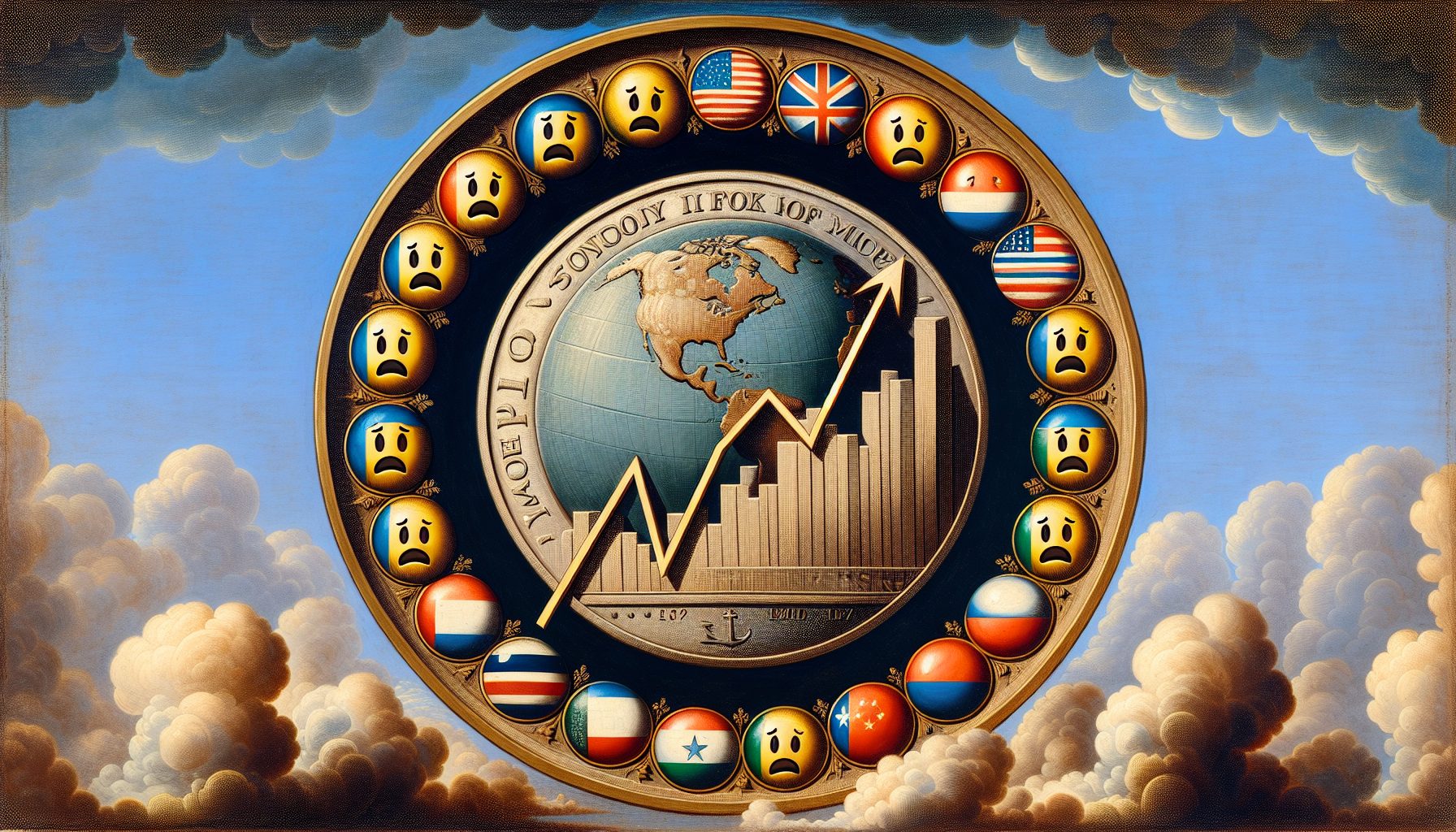Business ethics can be a tricky area because thepoint of business?to produce a profit?often conflicts with what mightreasonably be considered ethical behavior. Ethicists rarely have a strong graspof business, while executives rarely have enough spare time to readphilosophers Aristotle, Socrates or Thomas Aquinas to help them decide whethera decision is ethical.
However, here are three easy questions you can ask yourselfwhen you must decide whether a decision is ethical.
1. Would you accept this explanation from your children?
People may justify a decision that is unethical butincreases competitive advantage by saying, ?That?s the way the world works; ifyou want to compete, this is what you have to do.?
In reality, however, this is the adult equivalent of saying,?But all my friends are doing it.?
So, ask yourself: Is the decision I am about to make onethat I would want my child to make? Is the justification for my decision onethat I would accept from my child when he or she has done something that goesagainst my instructions?
As managers and executives, you have a hand in making theworld the way it is. By working hard and progressing in your profession, youhave earned the ability to make choices for yourself and for others.
Obviously, you owe it to your shareholders and youremployees to earn a profit. But you also owe it to those people, as well as toyourself and your family, to act ethically on behalf of your organization. As abusiness leader, you have to decide which is more important at any one time:profit or ethics.
2. Will it make you happier?
To make a truly ethical decision, you must decide what willmake you happy. According to Socrates, what makes us happy is what makes usbetter people.
You become a better person, and thus happier, when yourhigher desires (such as the desire for justice, moderation and courage)override base desires (such as hunger or sexual attraction).
No one can tell you what will make you happy, or when youare following your base desires instead of your higher desires. You have tofigure that out for yourself.
3. Do you exert power?
If you have to manipulate or coerce someone into going alongwith your business plan, you should rethink your plan. If you can present yourargument in a persuasive manner without robbing others of their ability todecide for themselves, then you have acted ethically.
The workplace is not a democracy most of the time, andsubordinates must take directives from their managers. That?s not unethicalcoercion. Telling your head accountant that she must finish a project beforeshe goes home or she?ll be fired because she?s already fallen behind is fardifferent from telling that accountant to fudge the revenue numbers.
One of the things that separates humans from other animalsis the ability to reason. When you strip someone of their ability to reason orto act on what they have determined to be the best choice, you have denied themtheir dignity and have acted unethically. Whether you are withholdinginformation from stockholders or threatening punishment to employees if yourwill is not followed, you are denying someone or some group the capacity tomake decisions for themselves.
It would be unethical to let your business fail because youdon?t want to do what is necessary to keep a business going. However, youshould not act unethically simply because it is easier than doing the rightthing?or because blatant self-interest guides your decisions.
When you are making business decisions, the three questionsI provided above can help you decide which path to follow. The intention is notto pass judgment or tell you how to act. It is simply to give you guidelines soyou can be fully aware of the business and ethical implications of yourmanagement decisions.
Kyle Scott is a visiting assistant professor at DukeUniversity, with a Ph.D. in Political Science: American Political Theory andPublic Law. He has authored three books, including Federalism: Theory andPractice, which has just been published. Kyle has taught American Politics,Political Theory and Public Law at Miami University, the University of NorthFlorida and the University of Houston.








